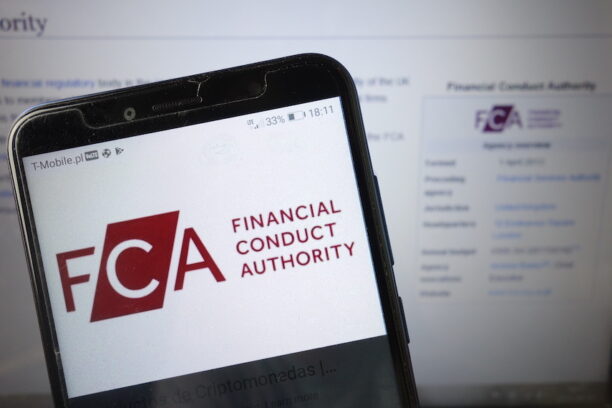Advisory Board member and former Chair PCAOB Chair Dan Goelzer offered commentary recently on the popularity of assurance of sustainability reports and what Audit Committees should be thinking about in that regard. He suggests four specific aspects of sustainability report assurance to which Audit Committees pay particular attention:
-
“Quality of sustainability disclosures. Sustainability disclosures are often not subject to the same controls and procedures as traditional financial disclosures. This creates risks that the sustainability report may be inconsistent with other company disclosures or that the accuracy of the information presented may not be verifiable. Audit committees should ensure that management takes the accuracy and reliability of sustainability disclosures as seriously as it does financial statement disclosures.
-
Level of third-party assurance. Audit committees should focus on the differences between the various levels of assurance. Most companies that obtain assurance over sustainability disclosures opt for limited, rather than reasonable, assurance. Investors and others may not understand what limited assurance engagements entail, and there is a significant risk that they will overestimate the value of limited assurance. Companies that choose limited assurance should ensure that the disclosure clearly explains to users the meaning of that assurance level.
-
Non-auditor adherence to standards. Audit committees of companies that use non-auditor assurance providers should also look carefully at the standards their assurance provider claims to follow and how it describes its adherence to those standards. As the CAQ report discusses, non-auditor assurance providers may assert that their work is ‘based on’, ‘consistent with’ or ‘in alignment with’ a recognized body of standards, although this terminology suggests that the provider did not follow the standards as written. Similarly, it may be unclear whether the assurance provider has any system of quality control or observes any recognized ethics or independence requirements. The value of a report that was not prepared in accordance with established standards, or that is rendered by a provider that is not independent of the client or does not have a quality control system, is questionable.
-
ESG/sustainability backlash. While much of the recent ESG backlash in the US focused on diversity, equity, and inclusion (DEI), other aspects of sustainability, including climate change, have been affected as well. It is not yet clear how this backlash will affect sustainability disclosure, although there have been numerous anecdotal reports of companies omitting or deemphasizing DEI disclosures.
Each company must decide how to navigate these uncertainties, and approaches will vary. One starting point may be for companies to step back and revisit what sustainability information is material to the economic success of their business and what types of disclosure are most likely to provide investors with decision-useful information. Whatever changes there may be in governmental or societal attitudes toward the role of sustainability considerations in corporate decision-making, it seems clear that disclosure focused on economically material information will remain necessary. Audit committees can play a key role in helping management identify and disclose such information.”
I completely agree. Audit Committees may not consider sustainability report assurance critical, high risk or in their wheelhouse, but that is wrong. Wise words from Dan.
Members can read more about sustainability reporting and assurance here.
Members also save hours of research and reading time each week by using our filtered and curated library of ESG/sustainability resources covering over 100 sustainability subject areas – updated daily with practical and credible information compiled without the use of AI.
If you’re not already a member, sign up now and take advantage of our no-risk “100-Day Promise” – during the first 100 days as an activated member, you may cancel for any reason and receive a full refund. But it will probably pay for itself before then.
Practical Guidance for Companies, Curated for Clarity.










